On the question of tea vs coffee I am admittedly biased, as the creator of RateTea, and a die-hard tea enthusiast. But I acknowledge that the question of whether you prefer tea or coffee is a matter of personal taste.
Tastes aside, there are more objective ways to compare tea and coffee, like by looking at the different ways in which coffee and tea affect the mind body. The biggest difference is in the caffeine content of these two drinks.
But tea and coffee also vary in their acidity, health benefits, and cost, including their impact on the digestive tract. Most of these measures point towards tea being generally better for both body and budget.
Is this black coffee or black tea pictured here? Read on and find out below.


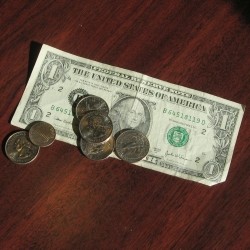
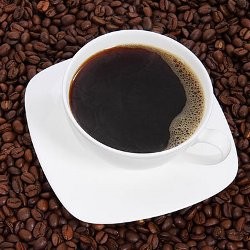



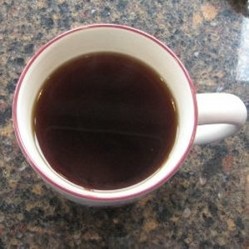

 The Shaming of Femininity and Elevation of Masculinityon 07/13/2017
The Shaming of Femininity and Elevation of Masculinityon 07/13/2017
 What is Genderqueer or Non-Binary Gender?on 10/16/2015
What is Genderqueer or Non-Binary Gender?on 10/16/2015
 Resources for Learning Spanish Free Onlineon 04/13/2016
Resources for Learning Spanish Free Onlineon 04/13/2016
 Ways Native Plants Can Help Control Invasive Plantson 05/26/2016
Ways Native Plants Can Help Control Invasive Plantson 05/26/2016
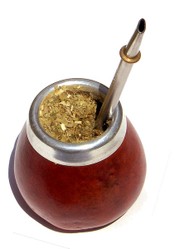
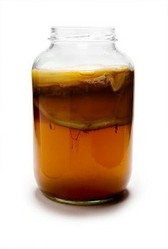
Questions? Comments? Feedback?
I agree with Cazort on this subject. I drink gallons of tea, but must be careful with coffee. After my blood pressure rose I began to have headaches when I drunk strong coffee. I now only take coffee weak and rarely more than once a day. Signing of now as I head to the kitchen to make some more tea!
Thanks! Yeah, the good news is that both coffee and tea have evidence that they're good for you. I think coffee just warrants a little more caution for some people because it has a lot more caffeine (like me--I'm pretty sensitive to caffeine). I'm good with a cup of coffee usually, but like, I couldn't handle drinking the volume of it that I drink of tea, which is often 3-5 cups a day.
As a tea lover I appreciate all the positive points for tea here! I do enjoy my morning cup of coffee too though, so I'm glad it also has benefits.